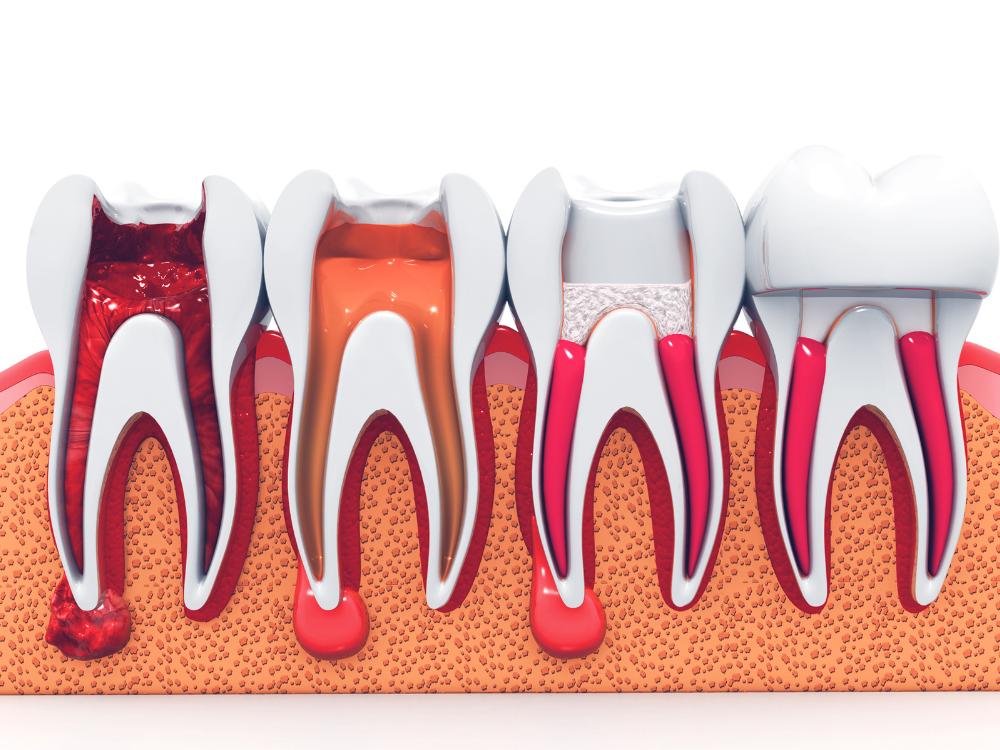Root Canal in Coral Gables, FL
Relieve Pain & Save Your Tooth
The words, Root Canal, often have the erroneous pairing with thoughts of pain. The Root Canal procedure does not cause pain, but in actuality, relieves it. At University Dental Group, we can relieve the pain of infection and restore your natural tooth structure to health. Known to dentists as Endodontic therapy, Root Canals are performed to save a tooth when the inside portion, known as the pulp, of the tooth has become infected. Without a root canal, the tooth would require extraction and then you’re looking at costly tooth restorations like bridges and dental implants.




 The purpose of a root canal is to preserve your tooth and eradicate pain and infection, restoring your oral health.
The purpose of a root canal is to preserve your tooth and eradicate pain and infection, restoring your oral health.